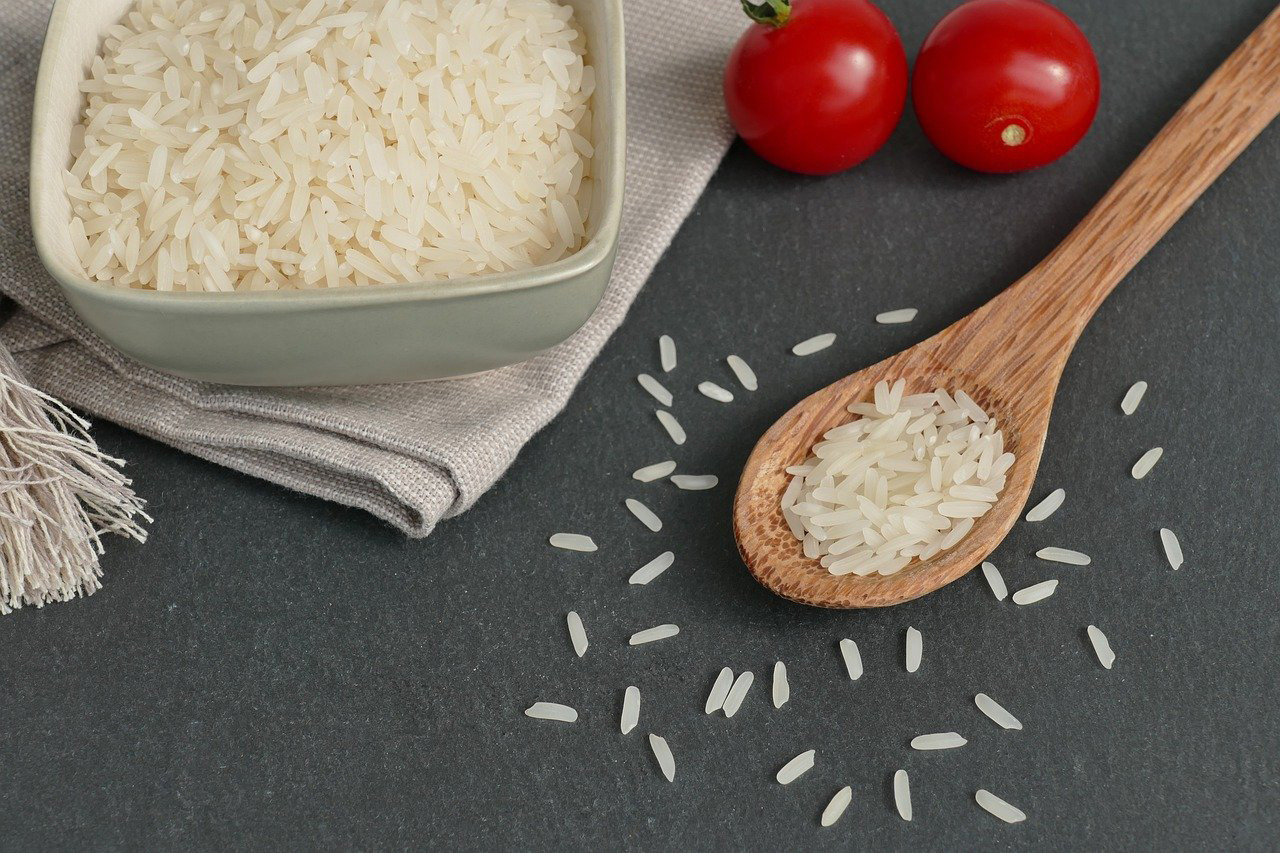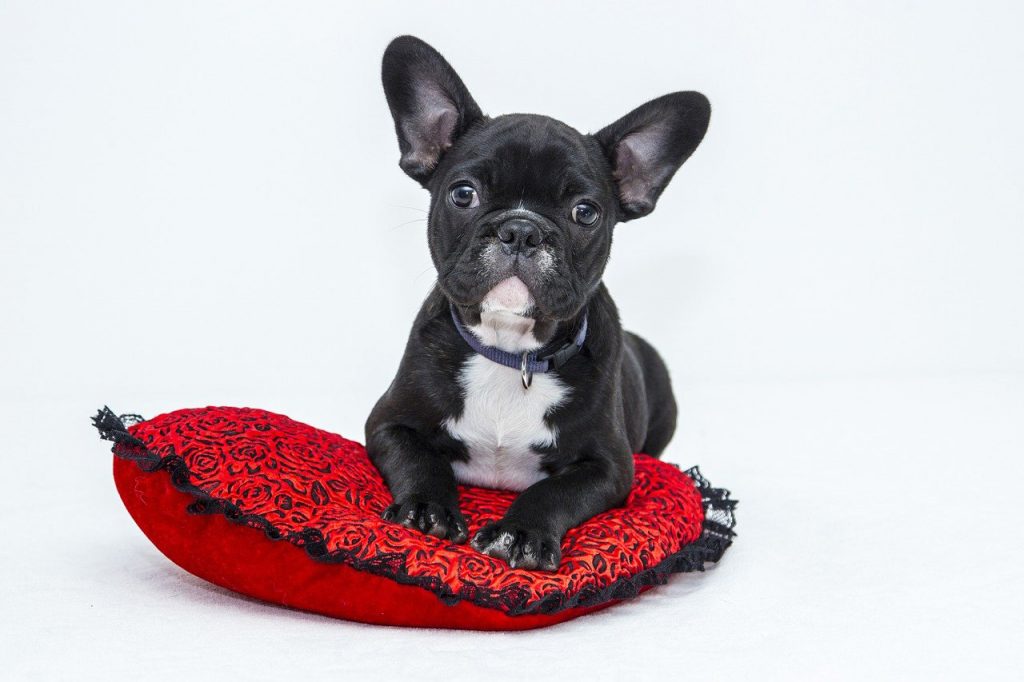
Is Rice Good for Diabetic Dogs?
Man’s best companion is a dog. However, no matter what we consume, it does not completely satisfy them. Foods have an unfavorable impact on their digestive system and overall health. Especially in a unique situation such as a diabetic dog. So, in order to maintain your dog’s healthy, you need to do a background check to see if your dog can ingest rice. Dogs are commonly thought to be carnivores; however, evidence suggests that they may develop into omnivores. Every day, a dog’s optimum diet comprises 75 calories per kg of body weight.
Is rice good for diabetic dogs?
White rice is a common carbohydrate-rich mainstay meal. It is probable that a dog will be able to stomach it. Rice, coupled with some cooked meat or veggies, is frequently recommended as a meal for him. Rice might have an unfavorable effect on your pet on its own. Because it is a fast carbohydrate when given to dogs without protein, they become hyperactive, and the long-term result is obesity and dullness. It’s also critical that the diabetic dog drink enough water on a regular basis to avoid constipation from all that rice.
In addition, research shows that many dog food manufacturers utilize various types of rice as a component in their products. White rice, on the other hand, has a higher glycemic index than brown rice, which means it might raise blood sugar levels. If your dog is diabetic, you can still give him a little amount of white rice if he needs it, but not on a regular basis. Before introducing new foods to your diabetic dog, such as rice, it is usually a good idea to seek advice from a professional.
Is brown rice good for diabetic dogs?
Because dogs are omnivores, they can consume grains, including brown rice. This means that dogs can eat and digest plant-based meals. Because dogs aren’t strict carnivores, they can eat brown rice or other grains. Brown rice is created by removing the hulls from the rice kernel but keeping some of the bran behind, resulting in a brownish appearance. Brewers rice, on the other hand, is broken white rice that is commonly utilized in the brewing business.
Brewers rice is a good source of energy and contains protein and minerals for diabetics. Because of the differences in how brown and white rice are digested, brown rice might be more difficult for a dog to stomach. Also, Antinutrients are found in brown rice. Antinutrients are plant chemicals that might make it difficult for your body to absorb certain nutrients. While phytic acid has certain health advantages, it also inhibits the absorption of iron and zinc from meals. Brown rice has a greater arsenic content than white rice. Even large amounts of healthful grains, such as aforementioned brown rice, might cause blood glucose levels to rise.

So, can diabetic dogs have brown rice as part of a balanced diet? Yes, and it truly supplies important nutrients for your diabetic dog – it’s not just a cheap filler choice. The husk on brown rice increases the fiber level, which is the most significant nutritional difference between brown and white rice. Unless your dog’s meal has rice as the major fiber source, any alternative will suffice. When picking a diabetic dog food, the most essential thing to remember is that it should offer your dog a comprehensive and balanced diet.
Is rice good for dogs every day?
Your dog can consume cooked rice on a daily basis, but keep in mind that he or she requires a mix of nutrients, including protein, fat from meat or oil, calcium, vital fatty acids, and carbs. Most dog diets provide your dog with the daily amount of calories and nutrients he or she requires for optimal health. As a result, rice can only account for 10% of their daily calorie intake. You’ll risk putting on body weight or increasing glucose levels if you feed them anymore. Large dogs can eat around a quarter of a serving twice or 3 times each week.
Always ask your veterinarian about the contents of your dog’s food, and don’t let fads affect your thinking about what is best for your dog’s nutrition. We’re as concerned about his health as you are, and we go to great lengths to guarantee that when they eat dog food, they’re eating a high-quality diet made with carefully chosen ingredients by providing proper information.